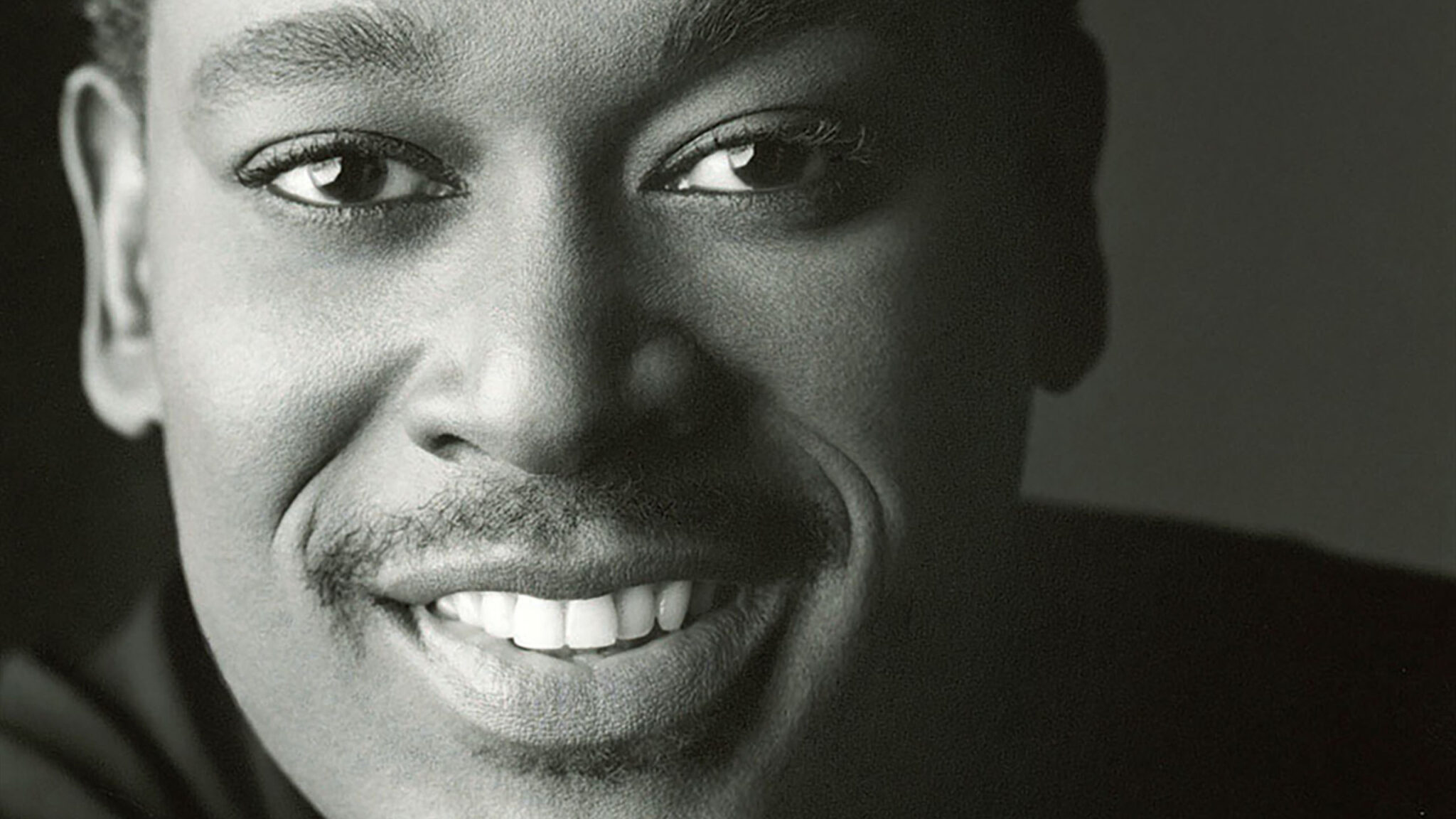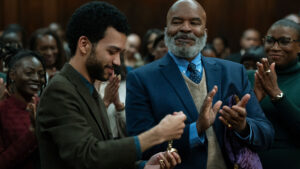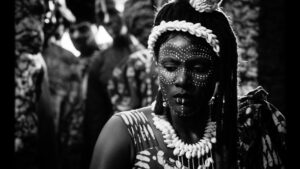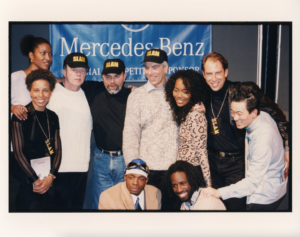By Lucy Spicer
One of the most exciting things about the Sundance Film Festival is having a front-row seat for the bright future of independent filmmaking. While we can learn a lot about the filmmakers from the 2024 Sundance Film Festival through the art that these storytellers share with us, there’s always more we can learn about them as people. This year, we decided to get to the bottom of those artistic wells with our ongoing series: Give Me the Backstory!
“Wherever you are, the opening refrains of ‘Never Too Much’ make a room fill with joy,” says filmmaker Dawn Porter. She’s not wrong. Luther Vandross, the man with the velvet voice, that charismatic crooner who brought the world such R&B hits as “Here and Now,” “Power of Love/Love Power,” and “Dance with My Father,” has the ability to make just about anyone feel something, whether it’s the urge to dance or cry — even close to 20 years after his death. The persistent joy in Vandross’ music was what prompted Porter to make a documentary about the iconic singer. “But there was so much of his story I never knew,” she adds. “It was one continual surprise after another.”
Screening in the Premieres section at the 2024 Sundance Film Festival, Luther: Never Too Much follows Vandross’ musical career, from his time singing backup for the likes of Roberta Flack and David Bowie to the performances that cemented his status as one of the greats. But the documentary also paints a portrait of the man behind the voice — a man who was a dedicated artist and beloved friend, but also one who lived with loneliness and unwanted media attention regarding his personal life.
Esteemed Sundance alum Porter brought the Institute-supported Gideon’s Army to the Festival in 2013, followed by Trapped in 2016. Luther: Never Too Much is just as insightful as these two sobering documentaries, which focus on public defenders and “TRAP laws” respectively, but Luther is also built around that distinct uplifted feeling that accompanies great music. When asked how she wants people to feel after they see the film, Porter replies, “Joyful.”
Discover more from Porter below, including her favorite interviews from Luther, challenges she faced while making the film, and why she believes in the importance of filmmaking.
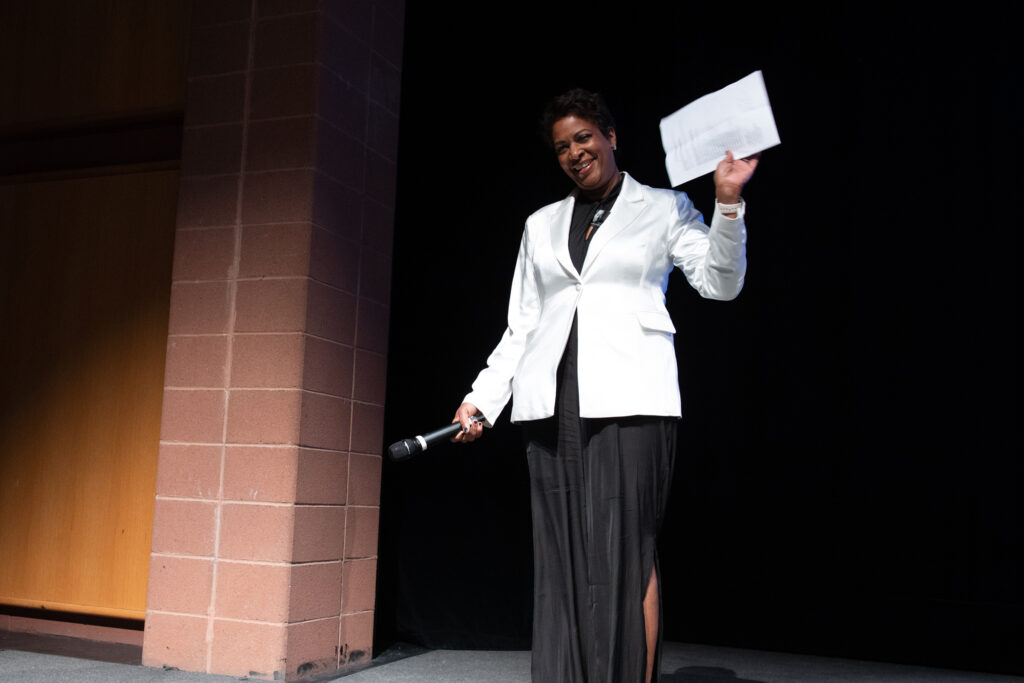
Describe who you want this film to reach.
Luther is so well-known to Black audiences, but not as well-known to white audiences, and I hope this film changes that.
Why does this story need to be told now?
This is a film that brings people together. Every person can identify with struggle, love lost, and the dreams of a person who often felt misunderstood.
Your favorite part of making the film? Memories from the process?
Interviewing Jamie Foxx and Dionne Warwick were highlights. But my favorite thing is discovering Luther in so many pop culture moments. From his appearance on Sesame Street to singing jingles for Miller Beer and singing on Chic’s monster disco hits, Luther had an outsized influence on popular culture.
What was a big challenge you faced while making this film?
Luther’s story and musical catalog are so huge that we could not tell all of the stories or include every well-loved song.
Tell us why and how you got into filmmaking.
I began my career in law. I never meant to make films. But I thought I could access stories from a different perspective, and I wanted to share the world as I was seeing it.
Why is filmmaking important to you? Why is it important to the world?
It’s a real gift to be able to express yourself while also focusing on the stories of other people. For a short while, I get to experience life through the lens of others. It’s always humbling and motivating.
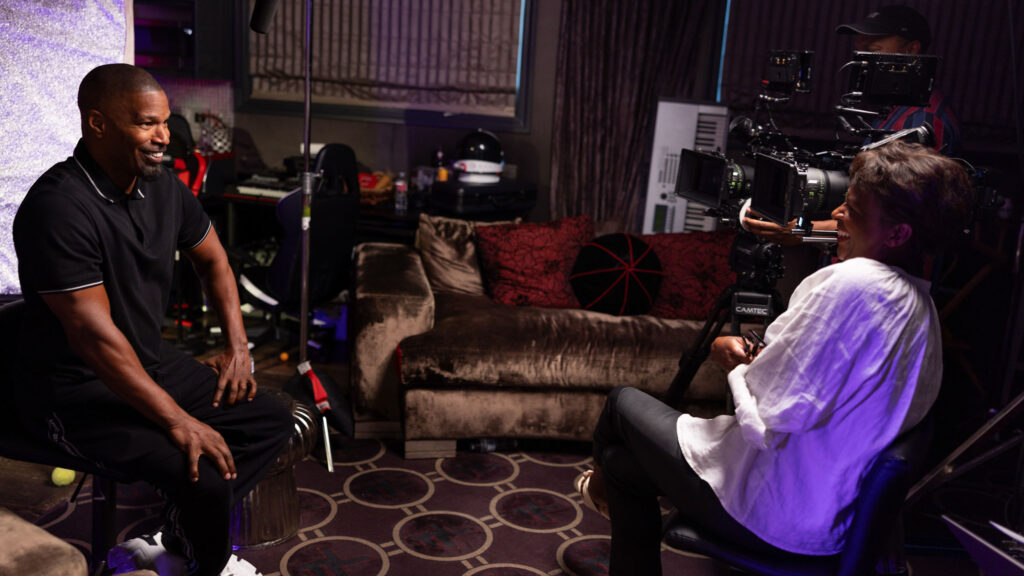
What is something that all filmmakers should keep in mind in order to become better cinematic storytellers?
Every film has its own language. Listen to what the story is trying to tell you.
If you weren’t a filmmaker, what would you be doing?
Making furniture and teaching.
Films are lasting artistic legacies; what do you want yours to say?
There’s a line from one of Luther’s closest collaborators. He said he tells young people seeking fame and fortune, ‘Fortune is great, fame not so much.’ I want people to see how Luther prioritized his art even during his darkest times, and how that art ultimately was the one thing that never let him down.
One thing people don’t know about me is _______.
I love football.
Who was the first person you told when you learned you got into the Sundance Film Festival?
My son Eli Graff — he’s been to Sundance with me two previous times, and [the 2024 Festival] will be our third.
What’s your favorite film that has come from the Sundance Institute or Festival?
Gideon’s Army — my film!




